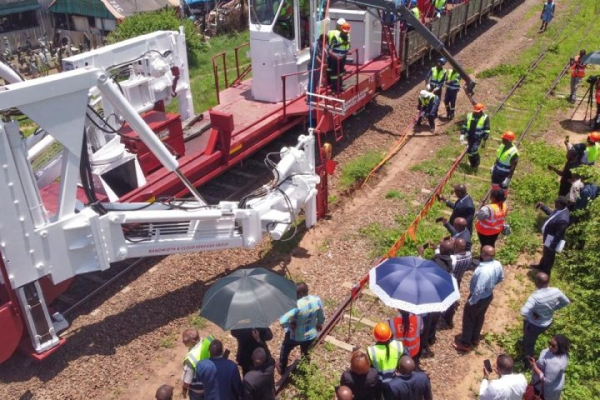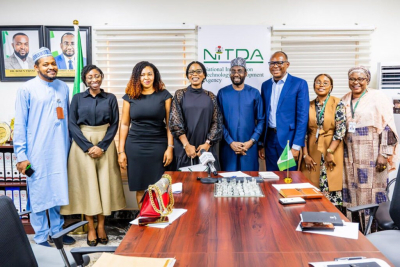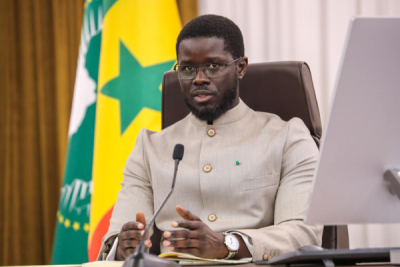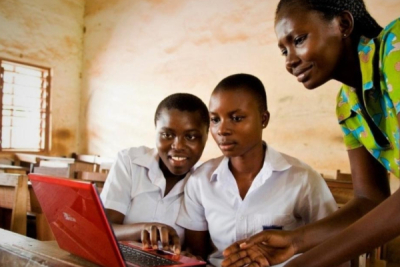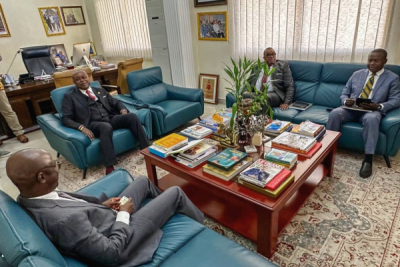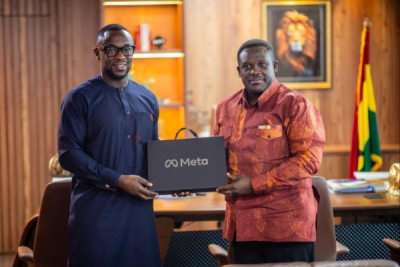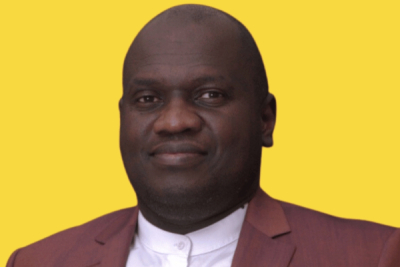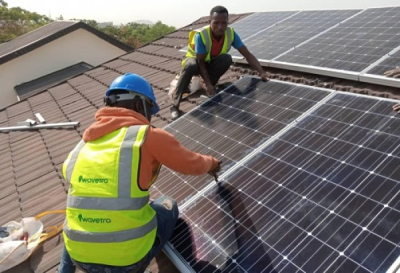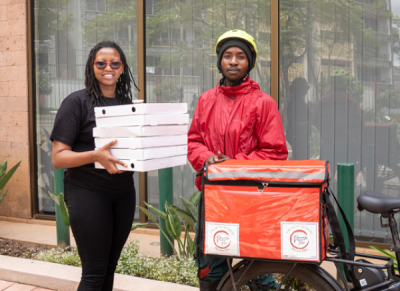Broadband is central to Zimbabwe's development agenda, which is centered around digital transformation. In collaboration with the private sector, the government aims to bolster the national telecommunications infrastructure to ensure affordable Internet access for all citizens.
The Zimbabwean government announced on Thursday, March 7, the commencement of the second phase of the fiber optic rail project. The project, executed by wholesale telecoms infrastructure provider Bandwidth & Cloud Services Group (BCS), aims to enhance connectivity within Zimbabwe’s cities by deploying fiber along national railroads.
This phase will extend fiber optics over 800 km, connecting the village of Somabhula to the capital Harare via the town of Gweru. It will also span the Bulawayo - Plumtree and Harare - Mutare routes. The first phase of the project, initiated in 2022, has already laid 1,180 km of fiber from the border town of Beitbridge in Matabeleland province to the city of Victoria Falls, in the north of the country. The network infrastructure costs $18 million, and the second phase is projected to incur a similar expense.
The project aligns with the government’s strategic goal of transforming Zimbabwe into a self-sufficient and prosperous upper-middle-income society by 2030, leveraging digital technology. It also corresponds with the national broadband program for 2023-2030, which encompasses several state and privately financed infrastructure deployment projects. This program is expected to accelerate broadband penetration in the country and reduce costs.
Ultimately, the fiber optic system will cover the country's entire rail network, from Rutenga to Chikwalakwala, before extending into Zambia and other regions. According to the Honourable Owen Ncube, Minister of State for Provincial Affairs and Decentralization, this project ensures that Zimbabwe will be connected to the rest of the world, marking a positive stride in the “Leave no one behind (LNOB)” principle enshrined in the 2030 Agenda for Sustainable Development and its Sustainable Development Goals (SDGs).
Samira Njoya


